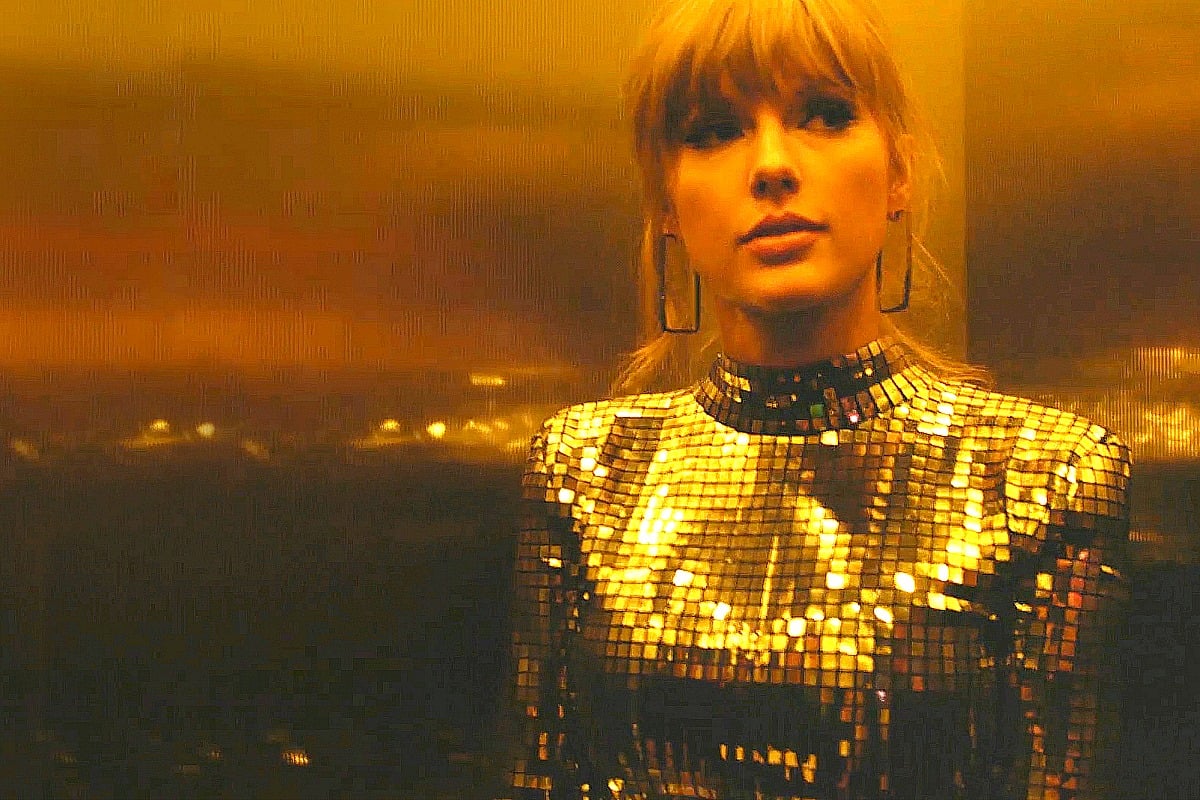
When it comes to the business of constructing her public narrative, Taylor Swift prefers to remain a silent partner.
When we are given editorialised glimpses into her personal life, via quotes from famous friends, profile writers or fan testimonials discreetly endorsed by the musician, Taylor’s fingerprints can often be detected, even when she prefers to steer from the backseat.
She may always be pulling at the puppet strings, but she did build the stage.
It’s a tact that became even more transparent this week with the highly anticipated release of her new Netflix documentary Miss Americana, an offering that traces her meteoric rise to fame from teen country singer to global pop star, and gives a behind-the-scenes look at the mechanics behind everything from her first public foray into politics to the making of Lover.
From eating disorders to motherhood and loneliness, listen to a full break down of the Miss Americana moments you may have missed on The Spill.
Of Miss Americana, Netflix says “In this revealing documentary, Taylor Swift embraces her role as a songwriter… and as a woman harnessing the full power of her voice.”
As with everything the 30-year-old musician releases, there’s been a swell of conversation and critique around the Netflix special and much of it pertains to the idea that she comes across as insincere and overly curated, with some even labelling it as image ‘propaganda’.

Top Comments
I'm trying and failing to think of any documentaries I've seen that were unbiased. They've always got some kind of slant, whether subtle or obvious.
I completely disagree that documentaries are normally “unbiased”!! Gosh I have never and probably never will watch a pop start doco - but let’s give Taylor a break, if the criticism is that documentaries are supposed to be unbiased than let’s critique all the millions of other documentaries that push an obvious agenda or image for their subject.